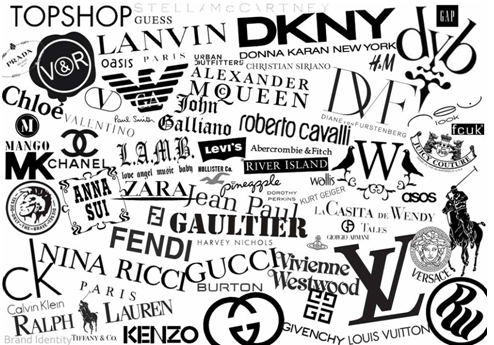

10 TIPS FOR STARTING UP A FASHION BUSINESS
The fashion industry contributes over £36 billion to the UK economy but is one of the hardest to succeed in, due to sizeable competition and the diversity of products available.
So it’s essential for anyone starting up a fashion business, to have a business plan in place outlining their strategy, and to understand where their fashion brand or idea sits.
Here are my top 10 tips for anyone planning to start a new fashion business:
1. Start your business plan at the beginning – a business plan is your personal roadmap outlining your goals, visions and objectives and not just needed for raising finance. It will be central to your business development and be a useful tool to measure your progress against your projections.
2. Don’t underestimate your start-up costs – Fashion business start-up costs can be high so avoid nasty surprises and list all your potential costs. Include the cost of your sample collection, special equipment, marketing materials, website, IP & professional fees, insurance, and of course any deposits required for rent or utilities.
3. Research the marketplace –Find out about the size of the market for your type of product and whether it’s an expanding area. Who are your competitors? What will differentiate your brand from other, similar products?
4. Create a strong brand – Branding is central to the way the public perceives your label. Your customers should develop an emotional connection, and brands that create a strong identity are the ones most likely to endure.
5. Profile your target customer/s – Understand your customers’ buying and lifestyle habits by creating a profile for each type of potential customer. Keep this information in mind when you are designing your collection/products. Remember, you are not designing for yourself!
6. Plan your product range – Offer a concise selection, and do it well, rather than try to please everyone. It will be easier to produce too! You can diversify and expand once you have built your reputation and have sales history to base decisions on.
7. Adopt a realistic pricing strategy – Your pricing must be in line with similar offerings in the marketplace. Unless you are a well-known luxury brand, every product has a ceiling price that customers will pay.
8. Offer excellent quality & customer service – This area allows a small business to shine and can give you a competitive advantage. Reputation takes a long time to build but can be destroyed very quickly. Customers expect value for money whether you are operating at the value or luxury end of the market.
9. Keep a tight control of your finances – Monitor your cash flow on a regular basis – this will help you foresee any potential problems arising and allow you to find solutions, rather than suddenly being faced with not being able to pay your bills or suppliers.
10. Networking – You’ll need all the help you can get, so make sure you tell everyone you meet what your business does. Always carry business cards with you and always ask for one, so you can start to build your own database of useful contacts.
Starting a fashion business isn’t easy, but with passion, drive and a clear vision it can be one of the most exciting and rewarding industries to work in.
At Fashion Angel we offer fashion business mentoring, events, workshops and access to start up loan funding to fashion start-ups and established fashion business entrepreneurs. We are here to help and to give you the support you need at all stages of your business journey.
Our expert mentors can give you guidance with our 1-2-1 business mentoring packages. Fashion Angel Business Club members receive 20% discount on our mentoring and events and have access to FREE downloadable toolkits, a suppliers directory & other benefits, all tailored for the fashion industry.
If you’re struggling with your business plan, start with our Free Business Planning Tool.
By Alison Lewy MBE


